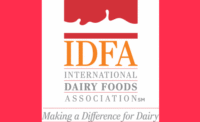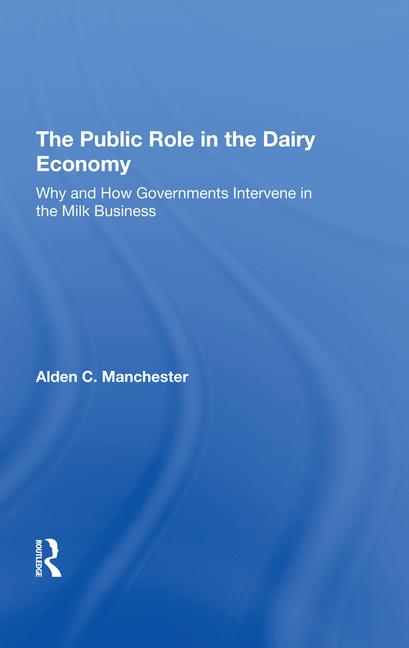How the EU’s GI rules shred, slice and block U.S. cheese

You may not realize how international trade plays a role in your everyday life. You may not give it a second thought. But indulge me for a bit and think about the last time you went to the grocery store. The plethora of choices on any given item may have made your head swirl. This is especially true in the cheese section and for good reason.
There are over a thousand types of cheeses produced all around the world available at your fingertips because of international trade. Most of the current food trends are due to the ease of trade in today’s global market. In fact, two of the largest economies in the world are currently negotiating a trade agreement that would further ease the flow of goods and services across the Atlantic.
The problem is the very real fact that cheese may be what blocks negotiations between the United States and the European Union. More specifically, what U.S. companies can call their products. The dispute is over geographical indications (GIs) and common or generic food names.
Slicing the definitions
Since a geographical indication is a form of intellectual property, let’s use the World Intellectual Property Organization’s (WIPO) definition: “a sign used on products that have a specific geographical origin and possess qualities or a reputation that are due to that origin.”
The EU and the United States use different systems to protect intellectual property. For GIs, the EU utilizes a stand-alone system while the United States uses a trademark system to protect intellectual property, which also includes protection for GIs.
Parmigiano Reggiano is a good example of a GI. The cheese can only be produced in several regions of Italy (Parma and Reggio), hence the name. A group of Italian producers hold the exclusive right to use the name and market their product as such in the EU and several other countries, including the United States.
The scope grates on U.S. makers
Scope of protection is the issue. Let’s take the Parmigiano Reggiano example, one that the U.S. dairy industry supports as a legitimate GI. However in the EU, the scope of protection extends further to include “Parmesan,” a term deemed generic by the U.S Patent and Trademark Office as well as by many other countries. Although other EU countries made and sold “Parmesan,” Italy won the exclusive right in 2008 to use the generic term, too.
The overreach of protection to include generic names is a big deal. Claiming that only one specific group can use a generic name negatively impacts trade flows. We’ve seen it in several of our export markets where the EU has negotiated trade deals that include protection for GIs. Keeping with our Parmesan theme, the 2008 case giving Italy the right to use the term forced U.S. cheese companies to discontinue selling Parmesan in the EU market. A whole market was lost, costing millions of dollars.
Over the past few years we’ve seen U.S. market share dwindle as the EU negotiates agreements on GIs with our trading partners. For instance, in 2013 the EU delayed signing a trade agreement with Costa Rica until its list of GIs was approved, including one for Provolone Valpadana. Fast forward to today to a recent court case where Costa Rican officials ruled that the term “provolone” is not generic and therefore can only be used by Italian producers, even though the EU itself doesn’t extend protection for provolone.
The EU shreds common sense
One thing the U.S. Congress can actually agree on is the EU’s abuse of GIs to thwart U.S. exports in markets around the world. Last year, 55 senators and 177 House members sent letters urging the Obama administration to fight back against this trade-distorting behavior in the current trade negotiations with the EU.
In February, the chairs and ranking members of the Senate Finance and Judiciary Committees and the House Ways and Means and Judiciary Committees sent a letter to the director-general of WIPO seeking participation for the United States in a diplomatic conference to be held in May where a list of GIs is set to be revised and expanded without the input of key stakeholders, including the United States.
Don’t block use of cheese names
Is there any hope to resolve this issue? I do believe there is room for compromise. The Consortium for Common Food Names has established several reasonable guidelines that will protect GIs and common names and drive healthy competition so the global cheese market can flourish. One guideline in particular is ensuring due process by allowing stakeholders, whether domestic or international, the ability to comment or appeal GI applications.
I cannot stress enough the broad reach of this issue. The impact is not only felt by U.S. cheesemakers who sell their wonderful products here and abroad, but it has the potential to impact U.S. consumers in all 50 states. All the choice given to U.S. consumers by breaking down barriers and opening markets through international trade will fade if we, as an industry — as a nation — don’t push back.
Looking for a reprint of this article?
From high-res PDFs to custom plaques, order your copy today!









